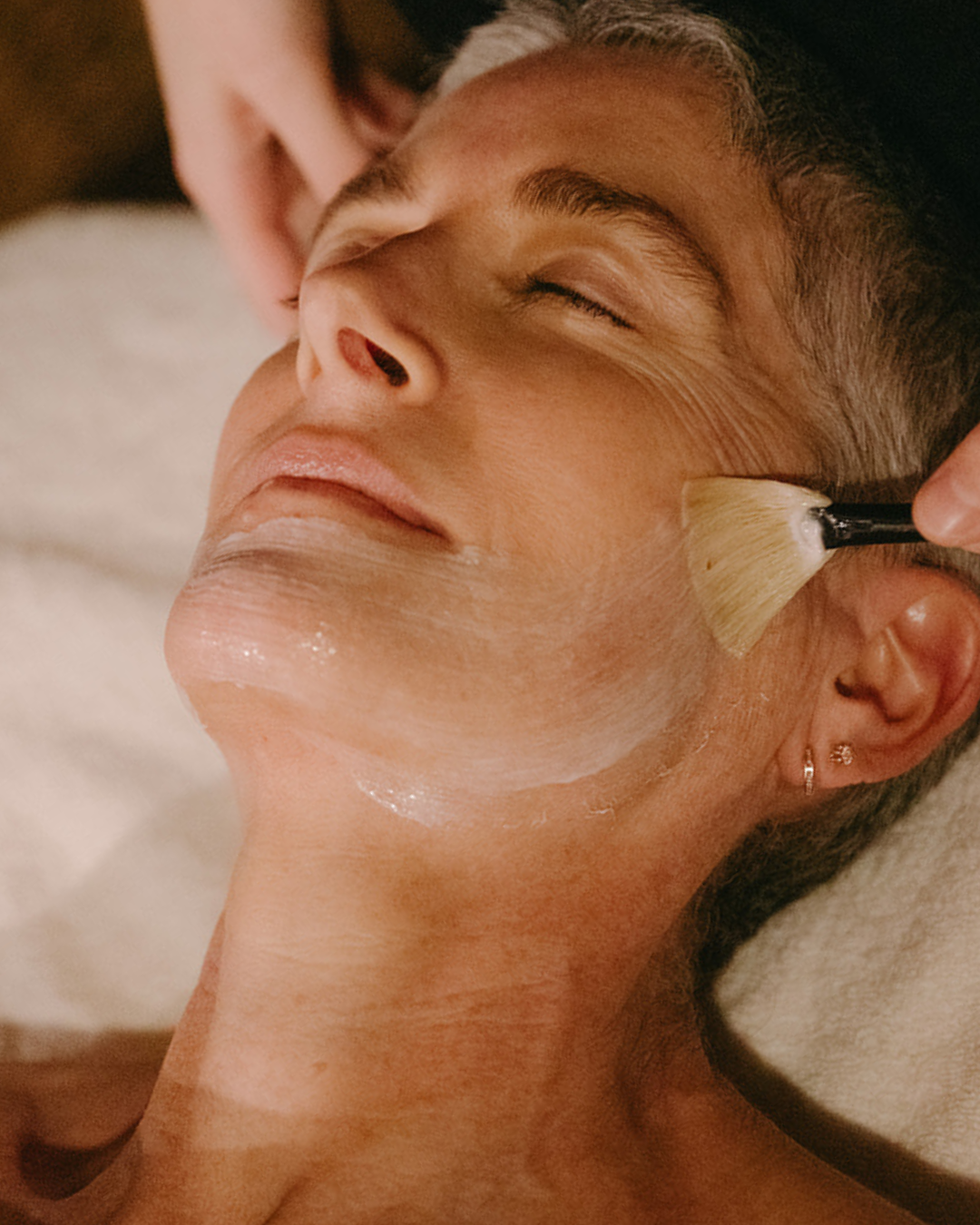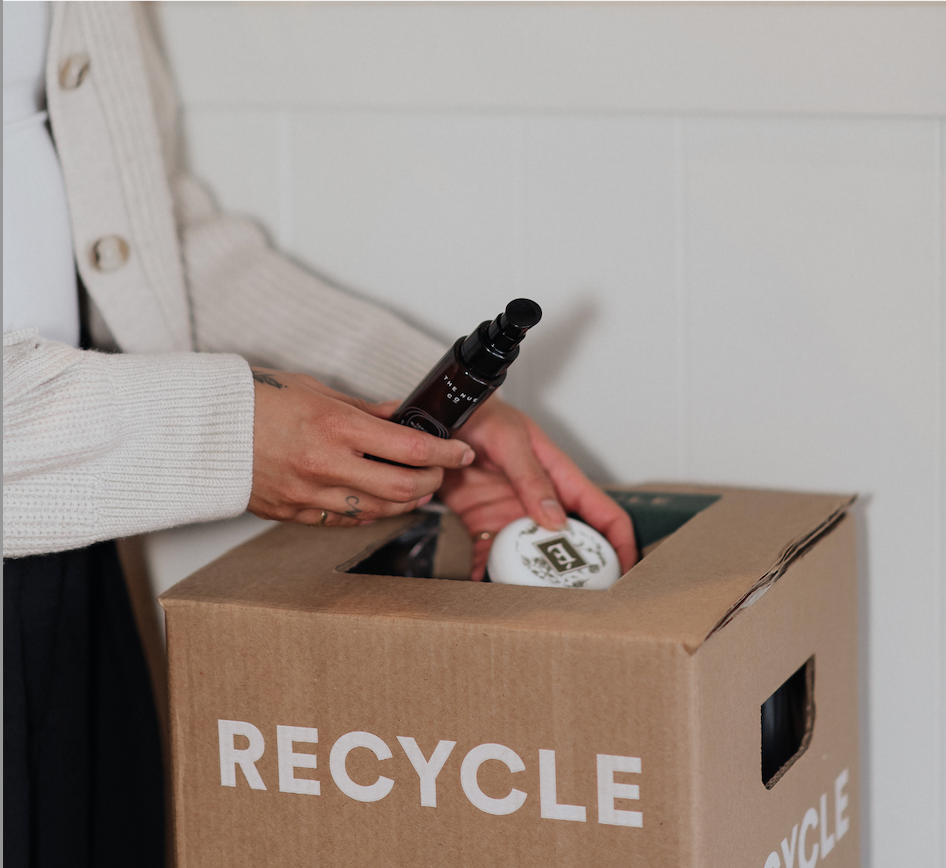Recycling Your Spruce Products
Recycling can be SO confusing. There is so much information and misinformation out there about what you can and cannot recycle. It varies state by state and there seems to be updates yearly. We hope this post helps clear up a few facts about recycling + how to recycle your Spruce Products and Packaging!

Let's talk about Hopeful Recycling...
Hopeful recycling is putting something in your recycling bin hoping that it will be recycled, when in reality it is garbage. Being unsure as to whether something is truly recyclable curbside or not and just hoping that you are correct. Because you would rather at least try than throw something away that is recyclable, right!? Wrong!
When something is in the recycling bin that is not recyclable, it is known as a contaminant. It jams the machines, slows down the process, and can make whole loads of the recycling end up in the landfill.
How to avoid this? Learn exactly what you can and cannot recycle in your area.
When in doubt - look it up!
Our favorite tool to lookup what is and what isn’t recyclable curbside in Seattle:
Where Does It Go A-Z
Tips for curbside recycling in Seattle
- Keep bags out of your recycling, as they are not recyclable. For example: no shopping bags, ziploc bags, bread bags, paper towel bags, etc. Here is resource to find out where to recycle your bags: https://www.plasticfilmrecycling.org/
- All recyclables must be completely clean and dry.
- Contamination - such as food can - cause the recycling to become moldy. Liquid can break down the fibers in paper and cardboard. This causes the entire load of recyclable materials to become garbage.
- Be sure to clean and dry your recyclables before placing them in the bin.
Things you may think ARE recyclable but are NOT:
- Glass bottles and jars and containers smaller than three inches cannot be recycled curbside.
- Plastic bags, wrap and film go in the garbage. They are no longer accepted in curbside recycling as of January 1, 2020. This includes plastic grocery bags, bubble wrap, dry cleaner bags, newspaper bags, and other similar thin plastics.
- Loose lids of any material and plastic bottle caps less than 3 inches in diameter.
- While Vitamin bottles and OTC medication bottles are recyclable, prescription bottles (those orange ones) must go in the garbage.
Things you may think are NOT recyclable but ARE:
- Empty aerosol cans that had non-hazardous materials in them can be put in the recycling ONLY if the can is completely emptied of contents and pressure - for example hair spray. Cans with hazardous products such as spray paint must be disposed of at a household waste facility.
- Aluminum foil! Pieces of aluminum foil that are clean and larger than three inches. Fold, do not crumble into a ball.
- It is okay to leave small amounts of tape, labels, and staples attached to cardboard. Remove any excessive amounts.
- Bottle caps and lids smaller than 3 inches can be recycled, if attached to the empty bottle or jar of the same material.
- Lids or caps larger than 3 inches in diameter can be recycled loose.
Note that this varies state by state and city by city! If you are unsure, it is better to google it, rather than just hoping. Most municipalities have this information on their websites.
Wondering how to recycle any beauty products that fall under the non recyclable category? CLICK HERE to learn about our in store recycling program!





